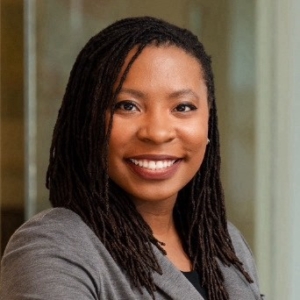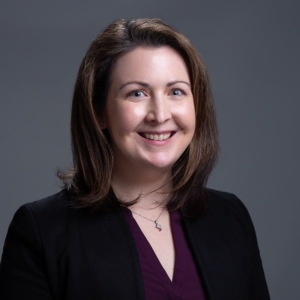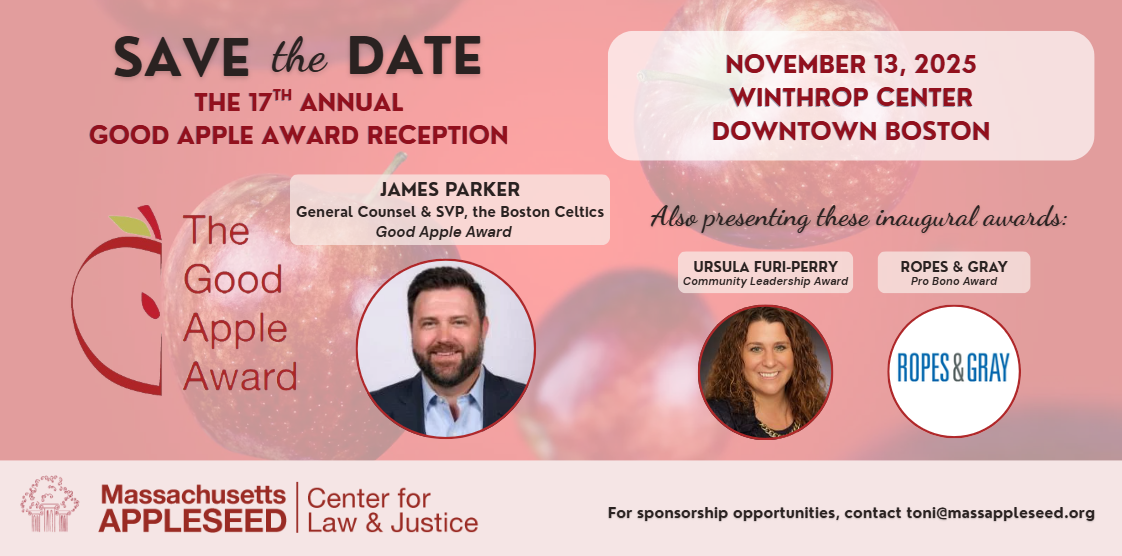FOR IMMEDIATE RELEASE
December 28, 2025
Boston, MA — Massachusetts Appleseed Center for Law and Justice is pleased to announce the addition of three distinguished leaders to its Board of Directors: McKenzi Baker, who joined the Board in September 2025, and Devin Cohen and Amy Fabiano, who joined in December 2025.These new Board members bring a wealth of professional experience, insight, and commitment to justice that will strengthen Massachusetts Appleseed’s work to remove barriers and advance systemic solutions for communities across the Commonwealth.
McKenzi Baker is a corporate attorney at Feinberg Hanson LLP, where she partners with entrepreneurs, growing businesses, and investors to navigate complex corporate transactions including mergers and acquisitions, financing, governance, and strategic investments. She previously served as an associate in the corporate group at Cooley LLP and has been recognized for her leadership, including being named to Forbes’ 30 Under 30 Boston.
Devin Cohen is a partner in the Corporate Department and a member of the Health Care Group at Proskauer Rose LLP, based in Boston, where he counsels leading health care organizations, insurers, and private equity sponsors on complex transactional and regulatory matters. His practice includes advising on strategic investments, mergers and acquisitions, value-based care arrangements, and regulatory compliance across the health care industry. Devin’s passion for health care extends to his community service and pro bono efforts in the Boston area, including working on the Health Care chapter of the Homeless Youth Handbook.
Amy Fabiano is a senior attorney with deep expertise in higher education law, labor and employment, civil rights, Title IX compliance, and institutional governance. She currently serves on the higher education and labor and employment teams at Hunton Andrews Kurth LLP, where she counsels colleges, universities, and independent schools on complex regulatory and compliance matters. She previously served as Associate General Counsel at Worcester Polytechnic Institute and as a Civil Rights Attorney with the U.S. Department of Education’s Office for Civil Rights.
“We are deeply grateful to welcome McKenzi, Devin, and Amy to the Massachusetts Appleseed Board,” said John Shutkin, Board Chair of Massachusetts Appleseed. “Each of them brings valuable expertise, thoughtful leadership, and a strong commitment to equity and justice. Their perspectives will be instrumental as we continue to grow our impact and advance bold solutions for the communities we serve.” With the addition of these new members, the Massachusetts Appleseed Board of Directors now comprises 22 individuals.
Looking ahead to 2026, the organization anticipates a year marked by substantial impact and strategic growth, with a continued emphasis on strengthening Board capacity through the expertise of existing members and the insights of newly appointed leaders.
“Heading into 2026, we are energized by the strength and breadth of our Board,” said Ranjini Govender Dowley, the organization’s President & Executive Director. “Together, we are building the capacity needed to meet ambitious goals and drive meaningful, lasting change.” Massachusetts Appleseed staff is proud to work alongside a dedicated Board that reflects a broad range of skills, experiences, and commitment to justice, and looks forward to the contributions these new members will make in the years ahead.
###
About Massachusetts Appleseed Center for Law and Justice
MA Appleseed is driven by a mission to promote equal rights and opportunities for Massachusetts residents by developing and advocating for systemic solutions to social justice issues. Through policy analysis and research, coalition building, education and training, community organizing, and advocacy, the nonprofit seeks systems-level change so all Massachusetts families and youth can exercise their legal rights, build pathways out of poverty and crisis, and thrive. Responding to emerging and enduring inequities, MA Appleseed addresses an array of complex issues including self-representation in the civil justice system, language access for immigrant families, the school-to-prison pipeline, and youth homelessness. To explore recent research, find resources, sign up for opportunities to take action, or donate, please visit massappleseed.org.
Want to stay informed on the latest issues Massachusetts Appleseed is working on?
Sign up for our mailing list.










